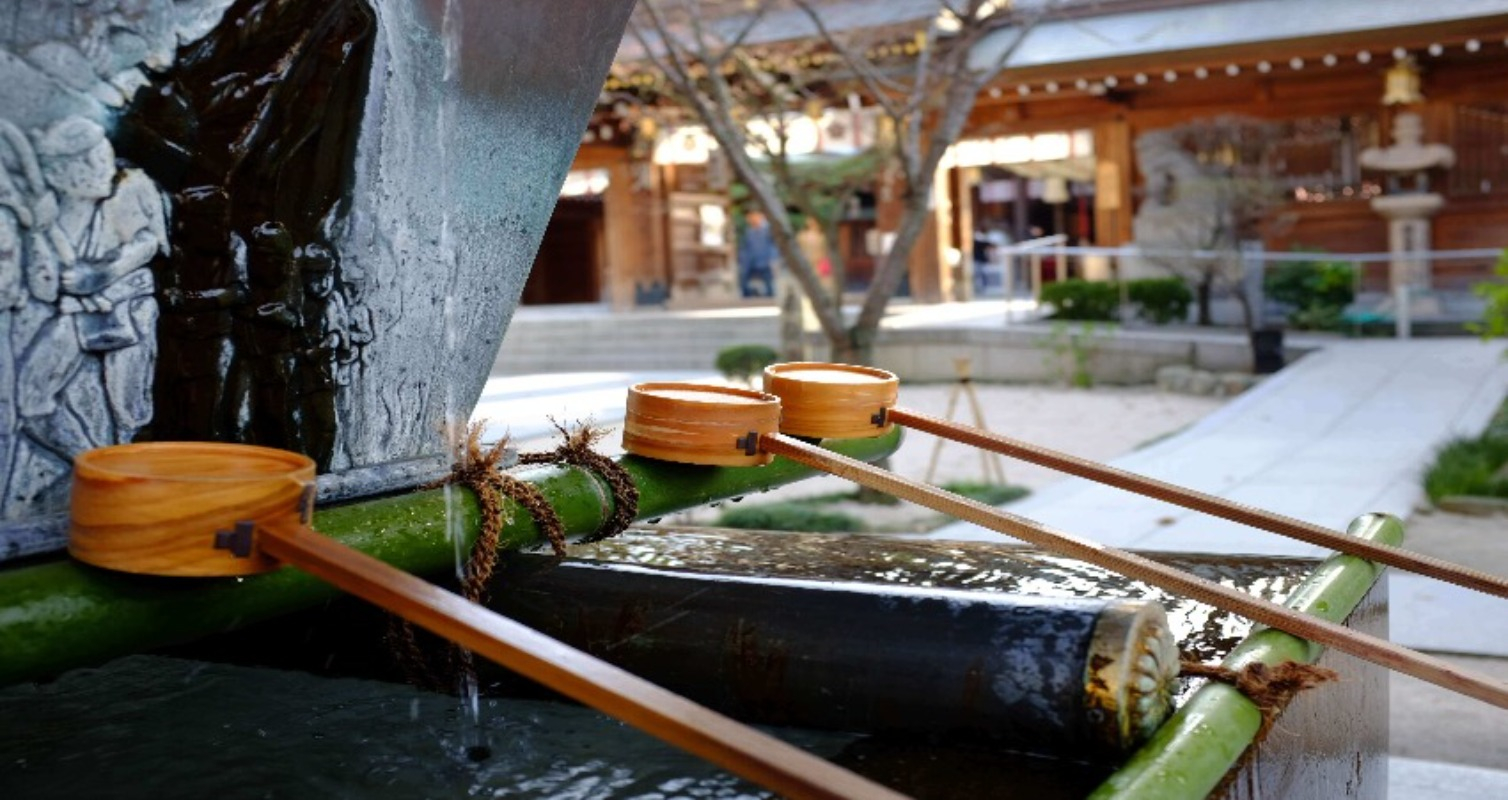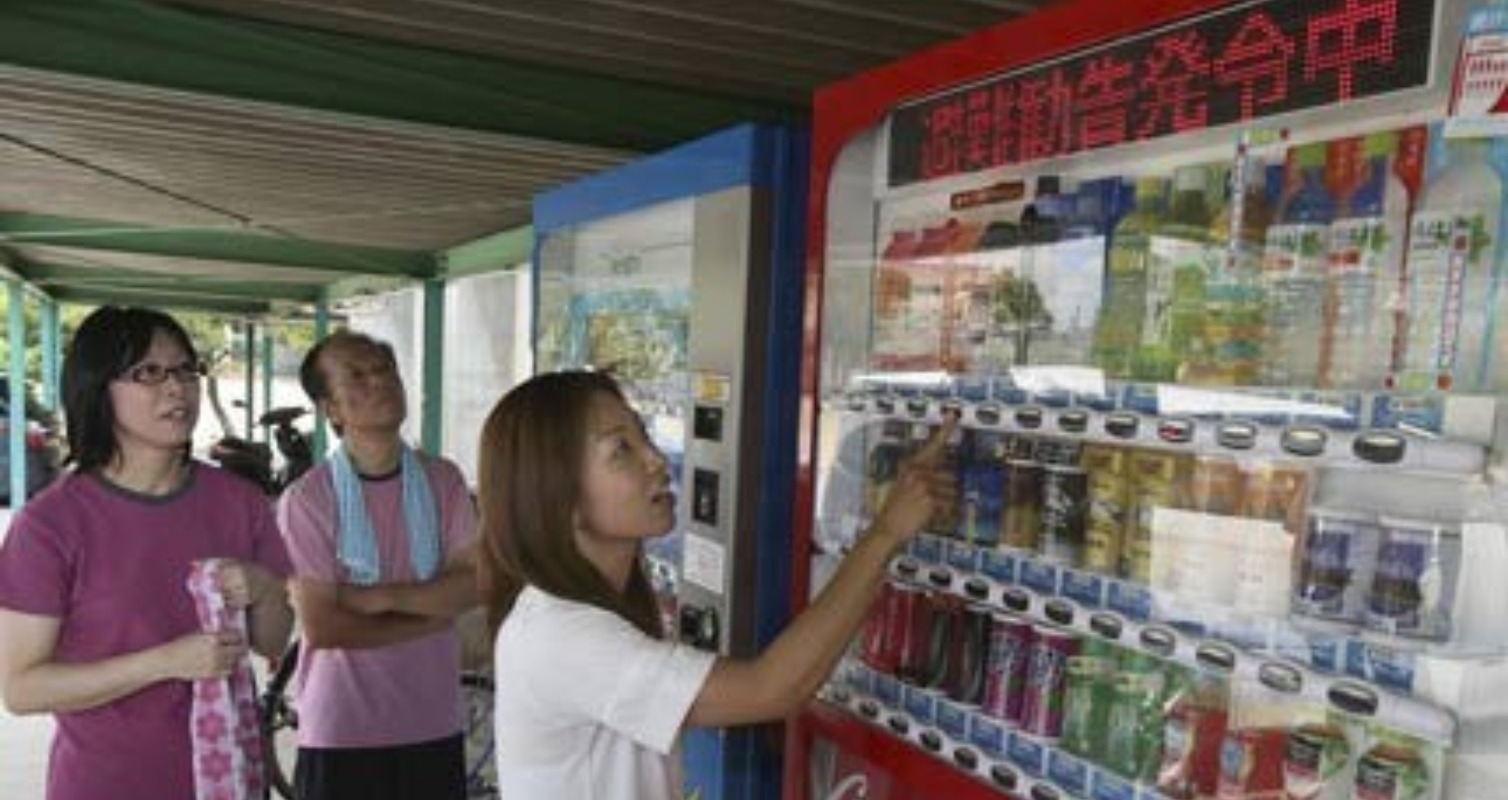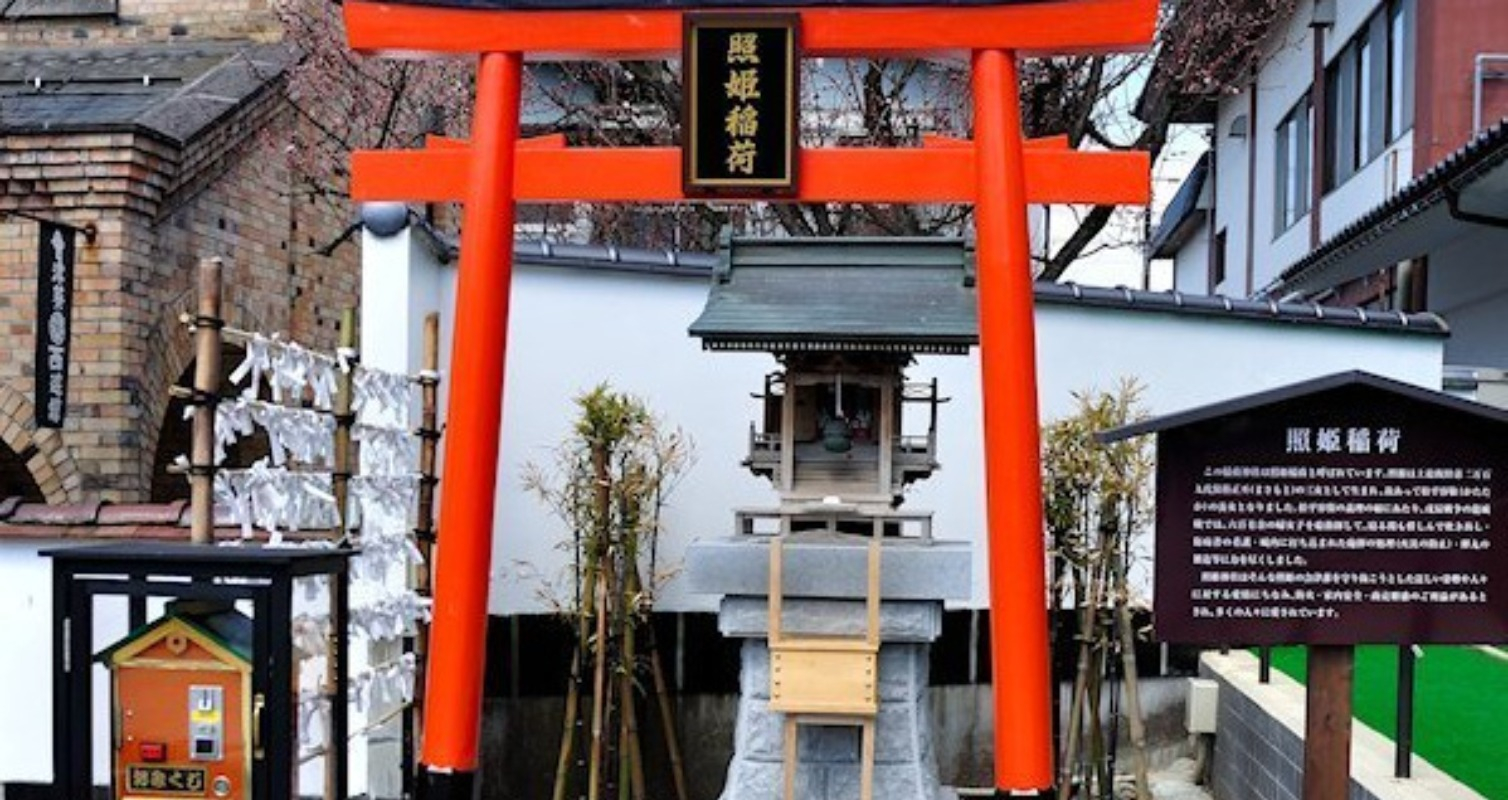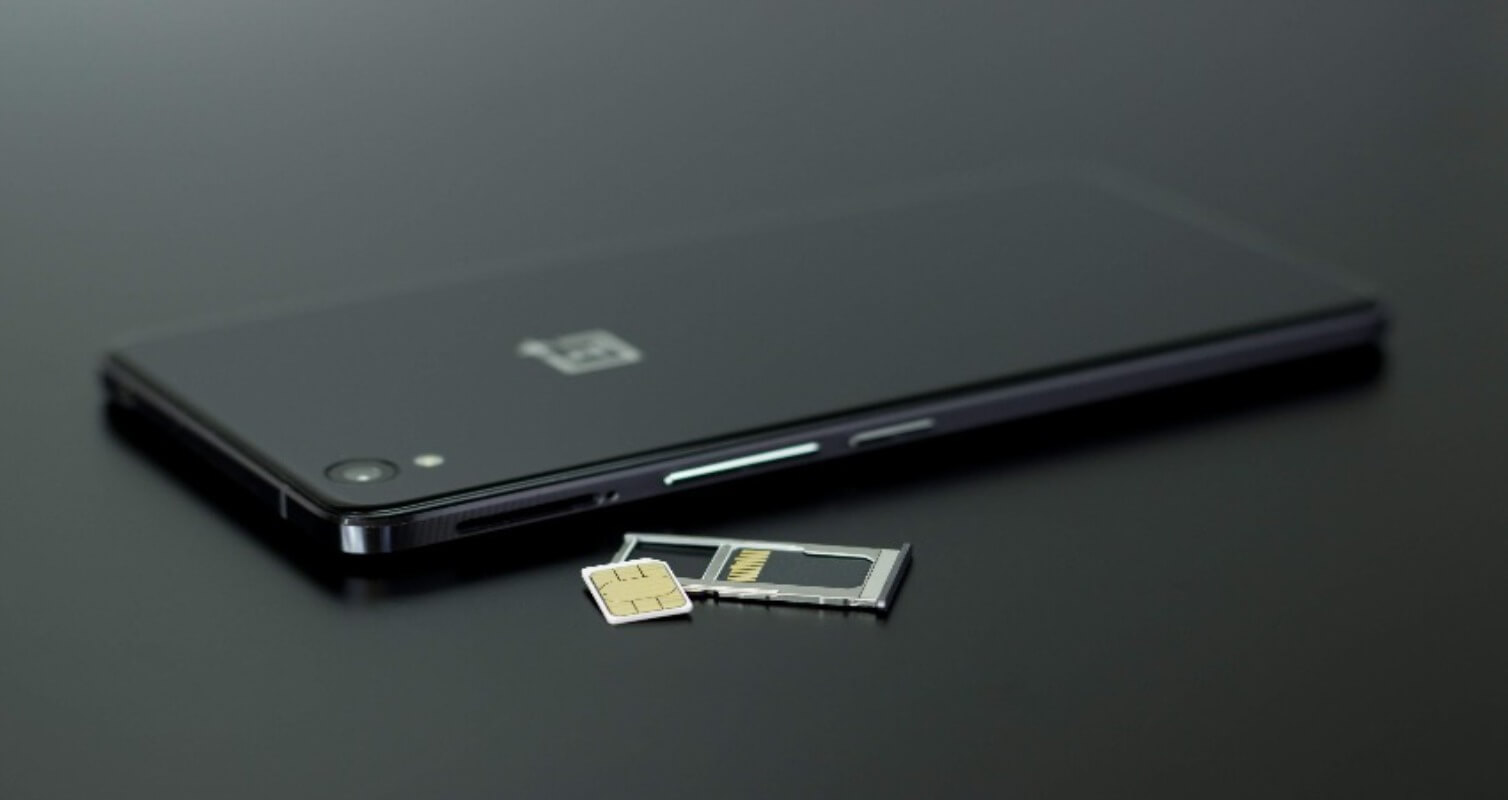Beautiful Shrine Vending Machine!
A Shinto shrine (神社) is a structure whose main purpose is to house (“enshrine”) one or more kami, the deities of the Shinto religion.

Torii gates (Shrine)
Torii gates are traditionally red-orange arches that mark the entrance to a sacred space, separating the physical world from the spiritual realm. Visitors often pass through these gates as they enter the shrine grounds, symbolizing their transition into a more sacred space.
The Great Torii of Munakata Taisha, located in Fukuoka Prefecture stands in the sea and is one of the few Torii gates worldwide that is partially submerged during high tide, creating a stunning visual effect. It connects the main island with an island considered extremely sacred in the Shinto religion, called Okinoshima, which is off-limits to visitors except for one day every year when a limited number of men are allowed to visit for religious ceremonies.
Another intriguing element found at many Shinto shrines is the practice of Ema. These are small wooden plaques on which visitors write their wishes or prayers. They are then hung up at the shrine in the hope that they will be received by the kami (Shinto deities). The imagery on these plaques often reflects the specific shrine’s history or associated myths, adding a personalized touch to worship practices.
These elements highlight how shrines are not only places of spiritual importance but also repositories of cultural heritage and artistic expression.

















